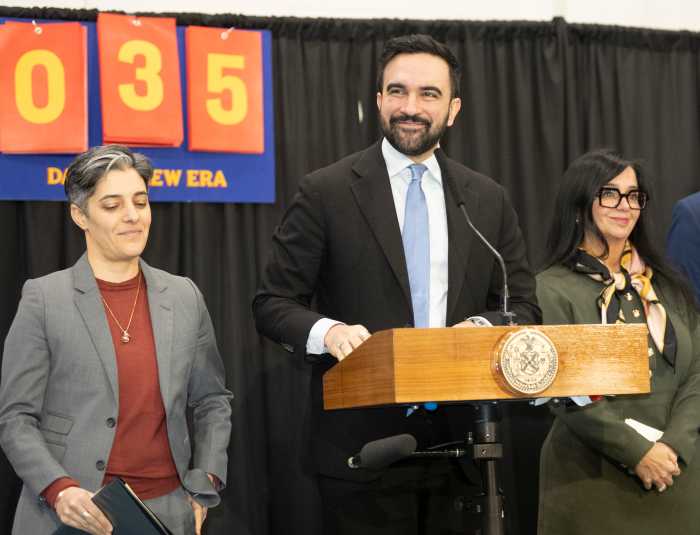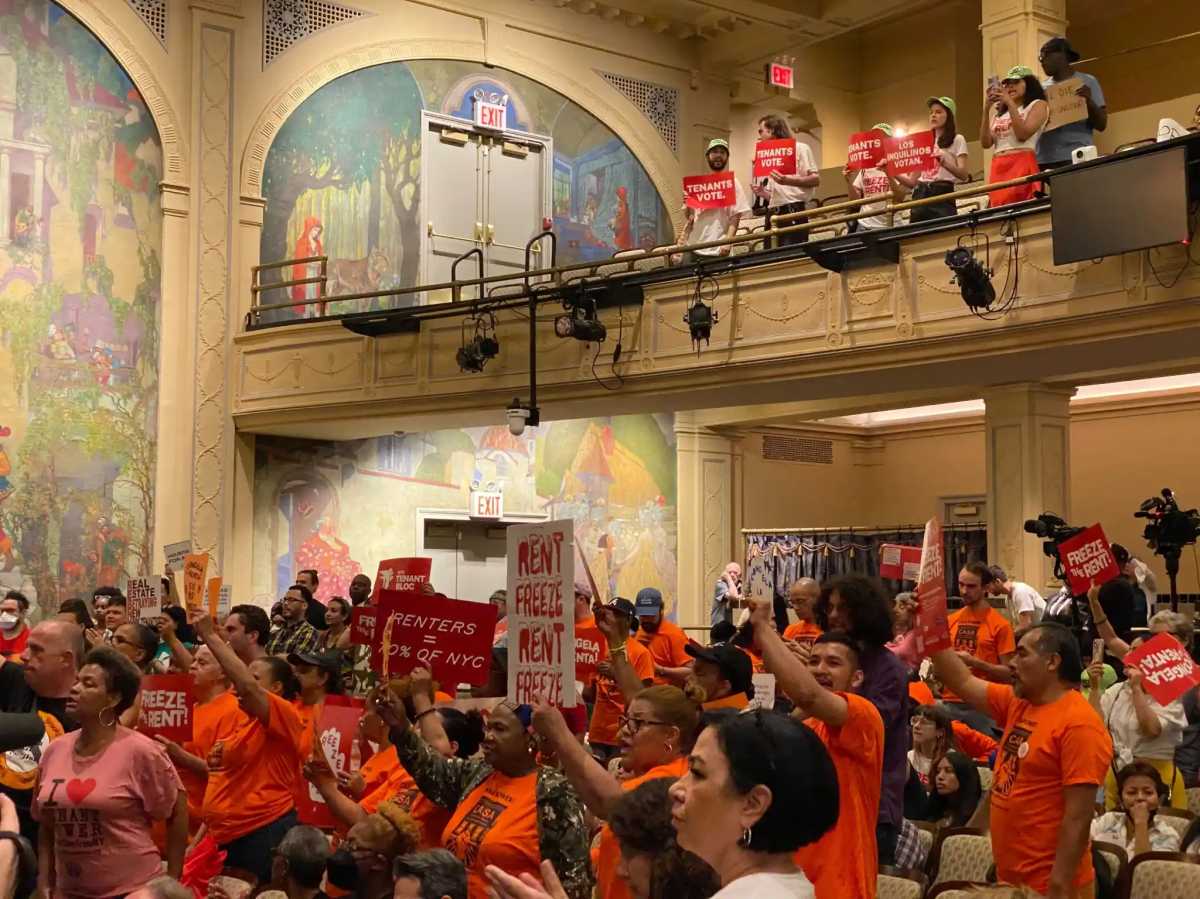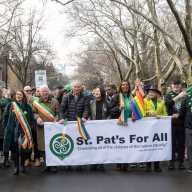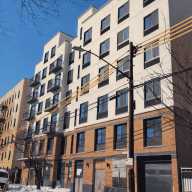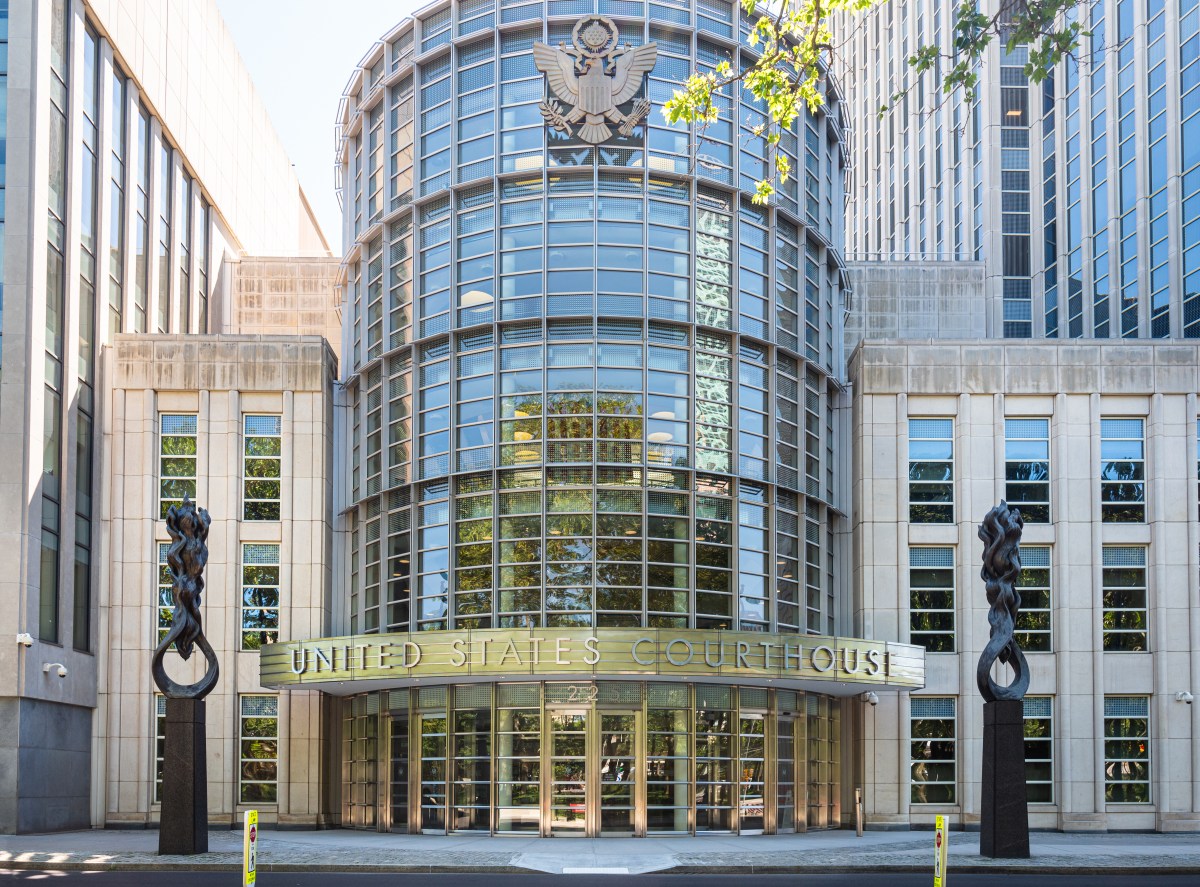City Councilman Robert Holden is urging Mayor Bill de Blasio to spare the city’s 59 community boards, including the 14 in Queens, from further budgetary cuts.
Holden sent a letter to the Mayor on Dec. 23, 2020 expressing concern over reported additional cuts the office is asking the advisory boards to make in order to find more savings in the next fiscal year, as the city faces billions in budget gaps as a result of the COVID-19 pandemic.
“While there is a need to tighten our belts during this economic crisis, which was precipitated by a novel coronavirus, I firmly believe that the Program to Eliminate the Gap, otherwise known as PEG, should be focused on larger agencies who can more easily find cuts,” wrote Holden. “Our community boards are already operating on low margins due to the first round of PEGs, and any additional cuts will cripple them ineffective. We cannot afford to lose the services that a community board provides.”
Community boards currently have a $19 million budget in Fiscal Year 2021 (which began on July 1, 2020 and ends in June 30, 2021).
Holden, who represents City Council District 30, told QNS the full round of potential cuts for all 59 community boards would amount to under $700,000, what he called a “drop in the bucket” for the $88 billion budget of fiscal year 2021 and to cover a $3.8 billion budget gap for fiscal year 2022.
“It won’t do much to help the shortfall, but it will make it much harder for community boards to function,” he said. “Community boards have historically always been underfunded and are usually the first targets of budget cuts in lean years. Many of them have outdated technology and rely on volunteer groups to upgrade their technology, software and training.”
Each community board is currently facing a cut of about $3,700, and about $8,000 for fiscal year 2022.
“And let’s remember that while the mayor threatened to furlough workers early on in the pandemic and OMB announced a hiring freeze, we saw nearly $2 million in big money hirings and promotions in City Hall,” Holden added. “Why the city would cut support for an already underfunded, largely volunteer agency like a community board is puzzling.”
Holden served in Community Board 5, which encompasses the Queens neighborhoods of Ridgewood, Glendale, Middle Village, Maspeth, Fresh Pond, and Liberty Park, for more than 30 years.
Community boards act as advisory bodies for the city in various aspects, including land use, zoning, park maintenance, liquor licenses and other municipal services, with up to 50 members who do not receive compensation. Members are appointed by borough presidents and city council members for two-year terms. boards are required to hire a full-time district manager and other staff to run a district office.
Gary Giordano, who’s served as Community Board 5 District Manager for 31 years, said the city already cut approximately $12,000 from their 2021 budget.
He said they were able to find the cuts in their Other Than Personal Services (OTPS) expenses, but isn’t sure where they would find further cuts in their budget. Community Board 5 currently has a budget of about $250,000, with three full time employees and one part time employee.
“Each Community Board is in a different position … I think the big problem for a lot of boards will be if they can’t come up with the cuts from OTPS. Then they’ll have to go into salaries,” said Giordano. “The city is under a lot of pressure to balance their budget, it’s just that Community Boards make up a very minuscule portion of the city budget. In the current city administration, numerous agencies have had an increase in personnel, where we have not. So it might be easier for some of these big agencies to be able to take a cut.”
Giordano said they are not sure if the potential cuts for fiscal year 2022 are set in stone yet.
Florence Koulouris, district manager for Community Board 1, which encompasses the Queens neighborhoods of Astoria as well as parts of Long Island City and Woodside, said that while the board hasn’t taken an official stance on the potential cuts, she emphasized the important role the advisory bodies play in the neighborhoods they serve.
“Community Boards are the truest form of democracy — you have 50 individual who take away from their time to volunteer for their community,” said Koulouris. “We act as liaisons between the community, elected officials and city agencies.”
Koulouris said that although their input into land usage is a big aspect of their work, their primary work involves day-to-day quality of life issues that benefit from individuals most familiar with their neighborhoods.
When asked what other cuts could be considered instead of from community boards’ budgets, Holden said other city agencies and programs could afford some cuts.
“There’s a lot of fat in the city budget to be trimmed, even after all the cuts. The mayor recently announced that he’s dumping more money into ThriveNYC, which has produced no tangible results,” said Holden. “Many city agencies have been expanded during the de Blasio years, whereas the community boards have not. They’ve had the same baseline budget and staff and now they’re being threatened with cuts.”
The mayor’s office did not respond to a request for comment from QNS.


